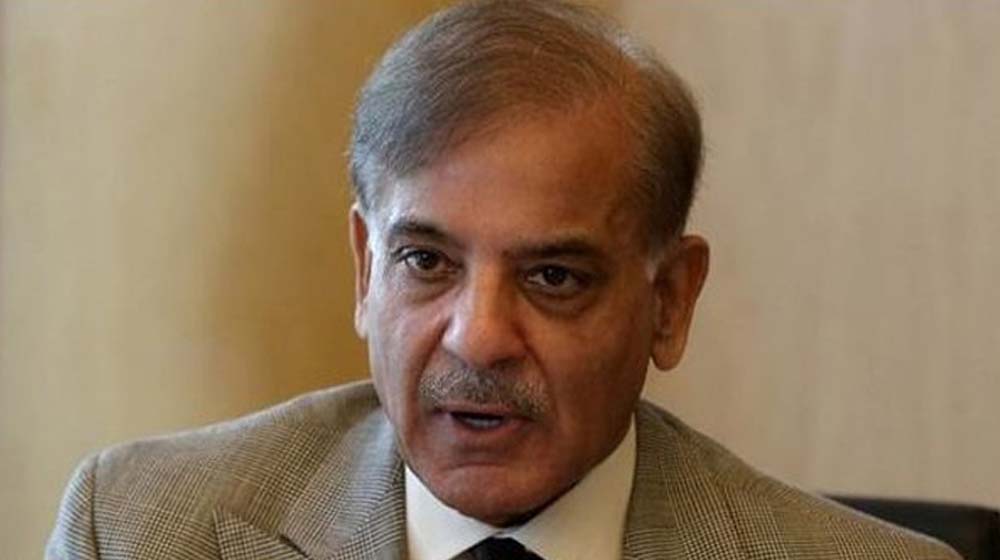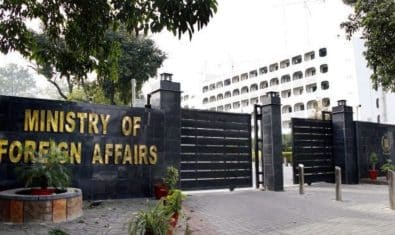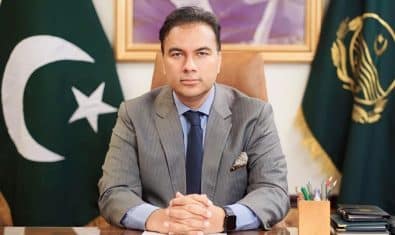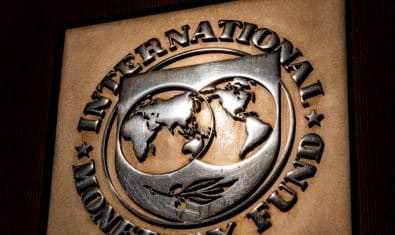Prime Minister Shehbaz Sharif, on Thursday, constituted the Economic Advisory Council (EAC) to review and formulate economic policies more holistically.
The 21-member Advisory Council will be chaired by the Prime Minister and includes members from treasury benches and the private sector.
The members include former prime minister and senior leader of Pakistan Muslim League-Nawaz Shahid Khaqan Abbasi, Federal Minister for Finance Miftah Ismail, Federal Minister for Planning and Development Ahsan Iqbal, Federal Minister for Information Maryam Aurangzeb, State Minister for Finance Ayesha Ghous Pasham, Senator Musadaq Malik, Senator Saleem Mandviwala, former FBR Chairman Tariq Pasha, Mian Muhammad Mansha, Mohammad Ali Tabba, Arif Habib, Dr. Asim Hussain, Atif Bajwa, Faisal Farid, Muhammad Aurangzeb, MD/CEO Fauji Foundation Waqar Ahmad Malik, Salman Ahmed, Shahzad Salim, Rahman Naseem, Musadaq Zulqarnain and Dr. Ijaz Nabi.
The Terms of Reference for the EAC have been also set. The EAC will review and formulate economic policies more holistically and advise on short-term macro-economic stabilization as well as structural reforms for stable and sustained economic progress. The EAC will be convened on a weekly basis on the issues of national economic importance under the TORs.
The EAC will review the overall economic condition of the country and propose possible corrective measures considering the available resources of the country. It will analyze the effectiveness of subsidies, protection, and other financial support by the government to the State-Owned Enterprises (SoEs) and other vital sectors of the economy in the context of overall cost and benefit analysis of such subsidies/protection.
The EAC will review the existing market imperfections in the various important sectors of the economy in order to promote competition by correcting the market distortions. It will also advise the government, ministries, organizations, bodies, and various project implementing agencies in formulating evidence-based policies. The council will also help in finding the technical expertise and human resource that may be required to carry out the requisite financial and economic analysis/studies.
Specific sub-committees will be formed for focused work with the timelines and defined scope. The EAC may co-opt any other member as per requirement.


























